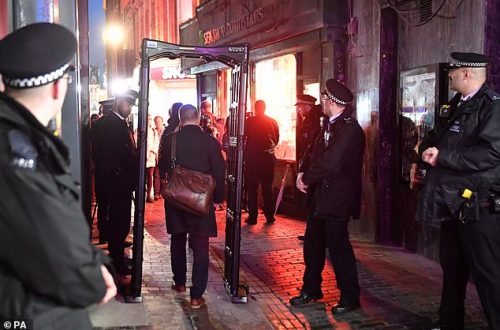The BBC reports that a (white, since it pertains to the case) teenager who posted some lyrics on her Instagram page by the (black, since it pertains to the case) rap musician Snap Dogg has been found guilty of a racially-aggravated hate crime because the inclusion of a racial epithet common in rap lyrics amounted to a criminal offence. Presumably the teenager was expected to censor the Snap Dogg lyrics before posting them instead of cutting-and-pasting them from any popular song lyrics website.
However, if it’s unsuitable to be written in a public forum, then it’s definitely unsuitable for public broadcast. So why is the playing of Snap Dogg songs – indeed, songs by most rappers – not banned in the UK on public radio and on accessible streaming services?
Rapper Kendrick Lamar has just won a Pulitzer. Rappers are praised and rewarded, but the UK has made it illegal to quote their lyrics? Indeed, lyrics from Lamar’s prize-winning album are not dissimilar from the one’s posted by this unfortunate teenager – who has had to pay a hefty fine and wear an electronic tag – so I shan’t risk being felt by the long arm of the law by quoting them here. Nevertheless, the Pulitzer committee enthused about Lamar’s “vernacular authenticity”.
So how did we get here? How did teenagers posting pop lyrics on social media become a matter for the police and the courts? And if you think this is right and proper, how much culpability do the broadcasters and media have for popularising this music and making it the soundtracks to teenagers’ lives?
